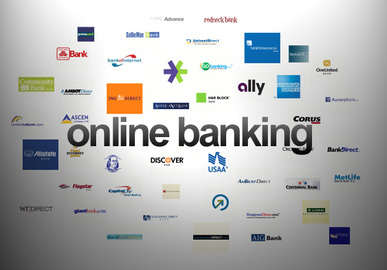Introduction

Financing is a base of every business. But sometimes it becomes really hard for a business to get enough finance as the payments against the good manufactured are due for 1 to 3 months. To maintain their business finances, sometimes companies sell their account receivables to the banks, organizations or other companies. This process is termed as Loans Factoring. In United States of America, loans factoring is a popular mode of Short term financing for small to mid-sized companies. There are certain companies or institutions which specifically buy these accounts receivable at less than the actual worth excluding minimal interest and service fee and provide immediate cash to the concerned company.
History
To avail the credit through Loan Factoring, the owner needs to submit the application to the concerned agency or company. The agency would review the form and investigate about to credit standing of the owner. This process is carried over within seven days after the acceptance of the application. The business company should choose the factor company wisely, ideally the one which has a good market standing and posses an excellent conduct.
Benefits of Loans Factoring
The company enjoys various benefits of Loans Factoring.
The company gets the quick financing source with a minimal cost.It releases the burden of collecting the receivables from the clients.The owner can develop business efficiently as Factoring the Loan saves the time and man power used for collecting the bad debts.After signing a recourse agreement with the factor company, you are free from the responsibility of collecting the receivables or any bad debts.
Essentials of Loan Factoring
Loan Factoring is a finance generating tool. In order to factoring, a company should choose such customer account which should not be less than a third of the generated income. To be qualified for Loan Factoring, a company should posses’ good reputation in the market and there should be no complaints launched against it. It should avoid large number of small receivables’ amount.
Only those companies can sell their invoices as assets which are engaged in commercial sale, where as the companies which in general sell to the public are not eligible for Loan Factoring. The customers afterwards are obliged to directly pay the amount to the factor company. If the customer turns out as a defaulter in case of nonpayment, the bad debt responsibility would be according to the agreement. A company can also send the notification to their customers that their payable accounts have been sold to a factor company and they are now liable to pay off their amounts to the factor company.
Tips and comments
Loan Factoring is not similar to banking. Factoring refers to selling your receivables where as Loan is the amount taken from the bank on interest. There are two parties involved in bank loans, the bank and the company who has taken the loan. But in Loan Factoring there are three or more than three parties involved, the Company, the Factor Company and the customers. It is easier and hassle free than traditional loans or other financing methods.